The Independent's journalism is supported by our readers. When you purchase through links on our site, we may earn commission. Why trust us?
Dragons’ Den: Where to buy Kimai lab-grown diamonds, Pavan henna, ice pops and more
We also saw a a Stone Age workshop company for kids enter the den
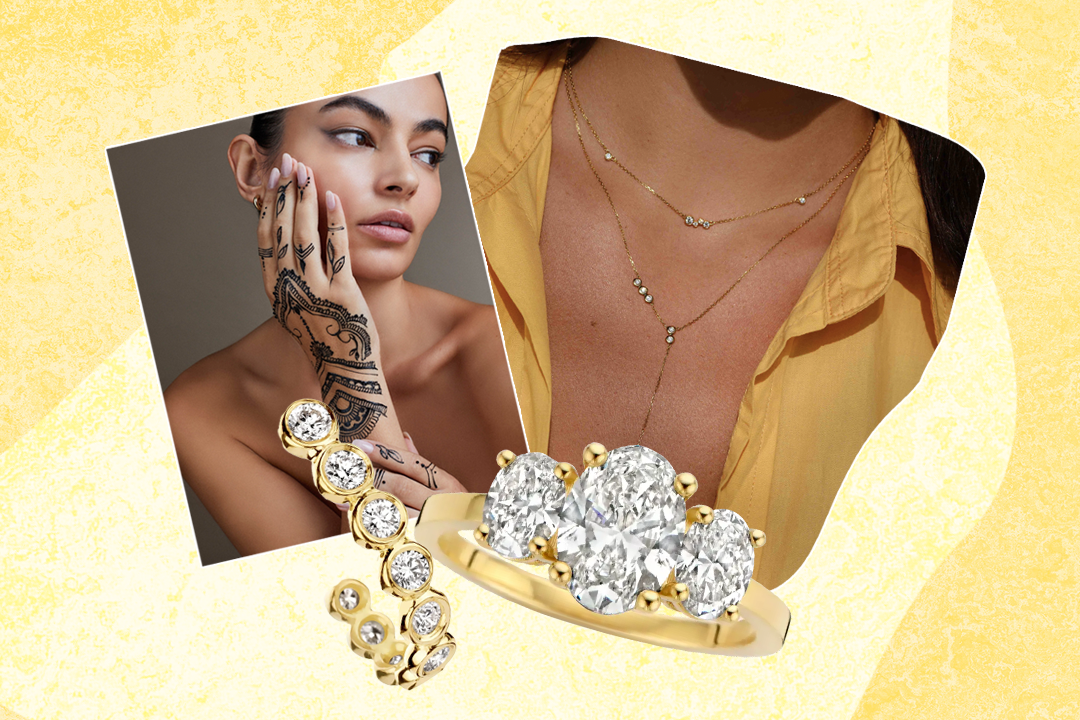
It was back to business for the fire-breathing investors in tonight’s episode of Dragons’ Den. After footballer-turned-businessman Gary Neville joined the panel last week and helped thaw the hearts of the dragons, six investors were once again brought back down to five.
This week, the dragons were hypnotised by lab-grown diamonds from ethical jewellery startup Kimaï; had their hands illustrated with henna from Pavan Beauty; tasted all-natural ice pops from Pola Poles; and were taken back to the prehistoric era by an educational company with a Stone Age slant.
It’s been a tumultuous week for the BBC’s long-running business show. Dragons’ Den has been embroiled in controversy since the airing of last week’s episode. Giselle Boxer, the founder of an acupuncture-inspired health and wellness brand, became the first ever entrepreneur to receive six offers after claiming her ear seeds product helped her recover from myalgic encephalomyelitis (ME), a fatigue-inducing condition with no known cure.
While the BBC continues to deal with a barrage of complaints in response to the episode, a new batch of entrepreneurs were busy showing off their wares in tonight’s episode. Here’s everything you need to know.
Read more: Sign up to our money-saving deals newsletter
Kimaï lab-grown diamonds: Kimai.com
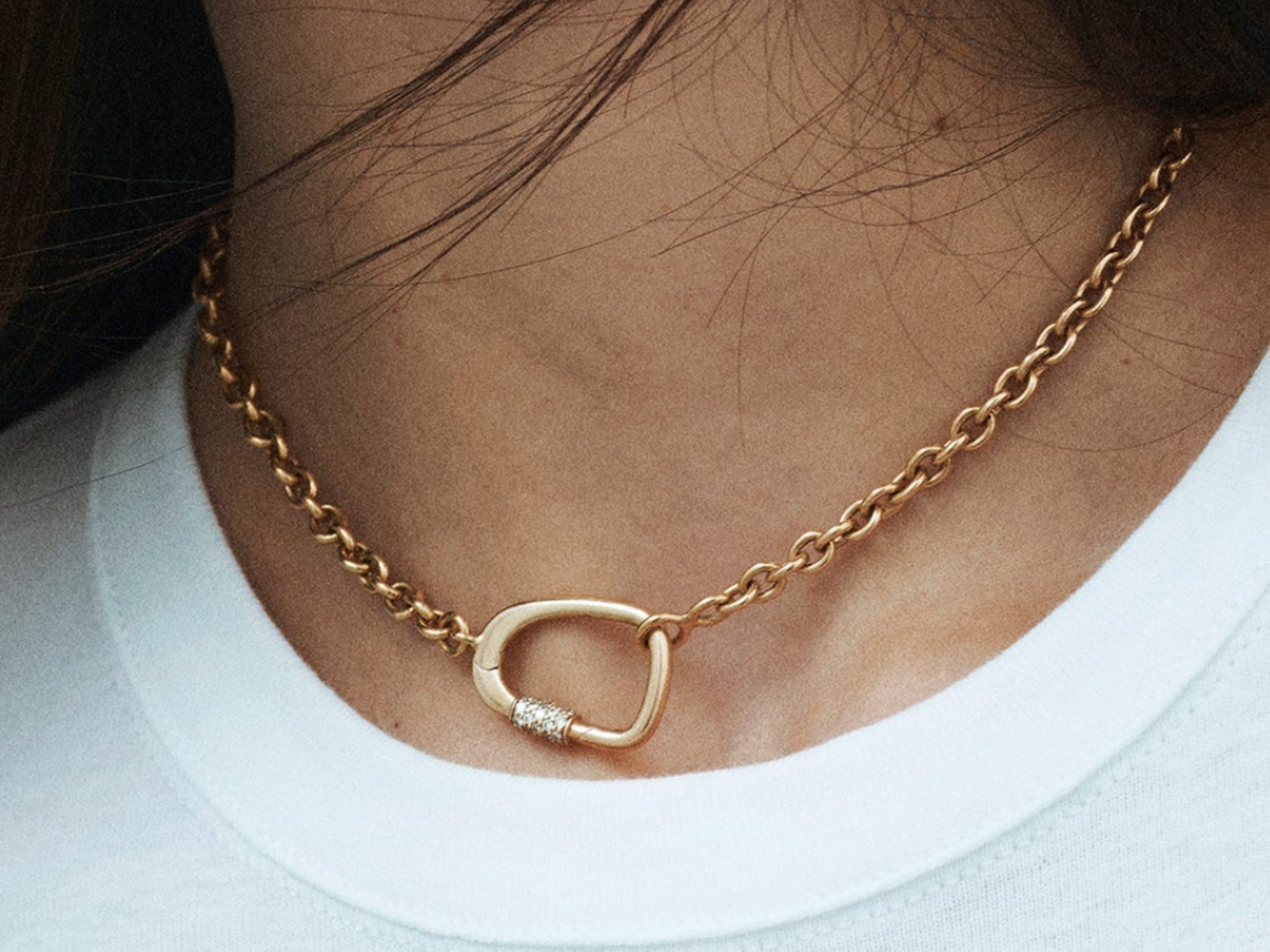
When Sidney Neuhaus said her business partner Jess Warch was a good negotiator, she wasn’t exaggerating. While the duo’s lab-grown diamonds business mesmerised three dragons enough to prop up a whopping £250,000, the offers weren’t compelling enough for the two founders to accept.
With the pair prepared and willing to walk out of the den empty-handed, Steven Bartlett quickly jumped back into the negotiations to offer his cash and lower his percentage share, seeing the two founders happily walk out with a glitzed-up Bartlett in tow. A good negotiator indeed.
Founded in 2018, London-based Kimaï makes lab-grown-diamond jewellery that it says is chemically, physically and optically identical to diamonds that have been mined. The company replicates in the lab the heat and pressure that creates diamonds in the earth, producing pieces exclusively from 18k recycled gold and lab-grown diamonds. Because they’re lab-made, they can be fully traced down the supply chain, so you know exactly where they came from.
Kimaï’s jewellery doesn’t come cheap. Worn by Meghan Markle and Emma Watson, the cheapest pieces on the Kimaï website are lab-grown diamond glow earrings (£225, Kimai.com) and a men’s recycled gold bracelet (£225, Kimai.com). Other pieces of fine jewellery can cost even more, while the company’s engagement rings can cost thousands of pounds. Kimaï’s diamonds are also stocked at luxury lifestyle retailer Net-a-Porter.
Read more: Pandora has launched three lab-grown diamond collections
Pavan Beauty henna: From £10, Pavanonline.com
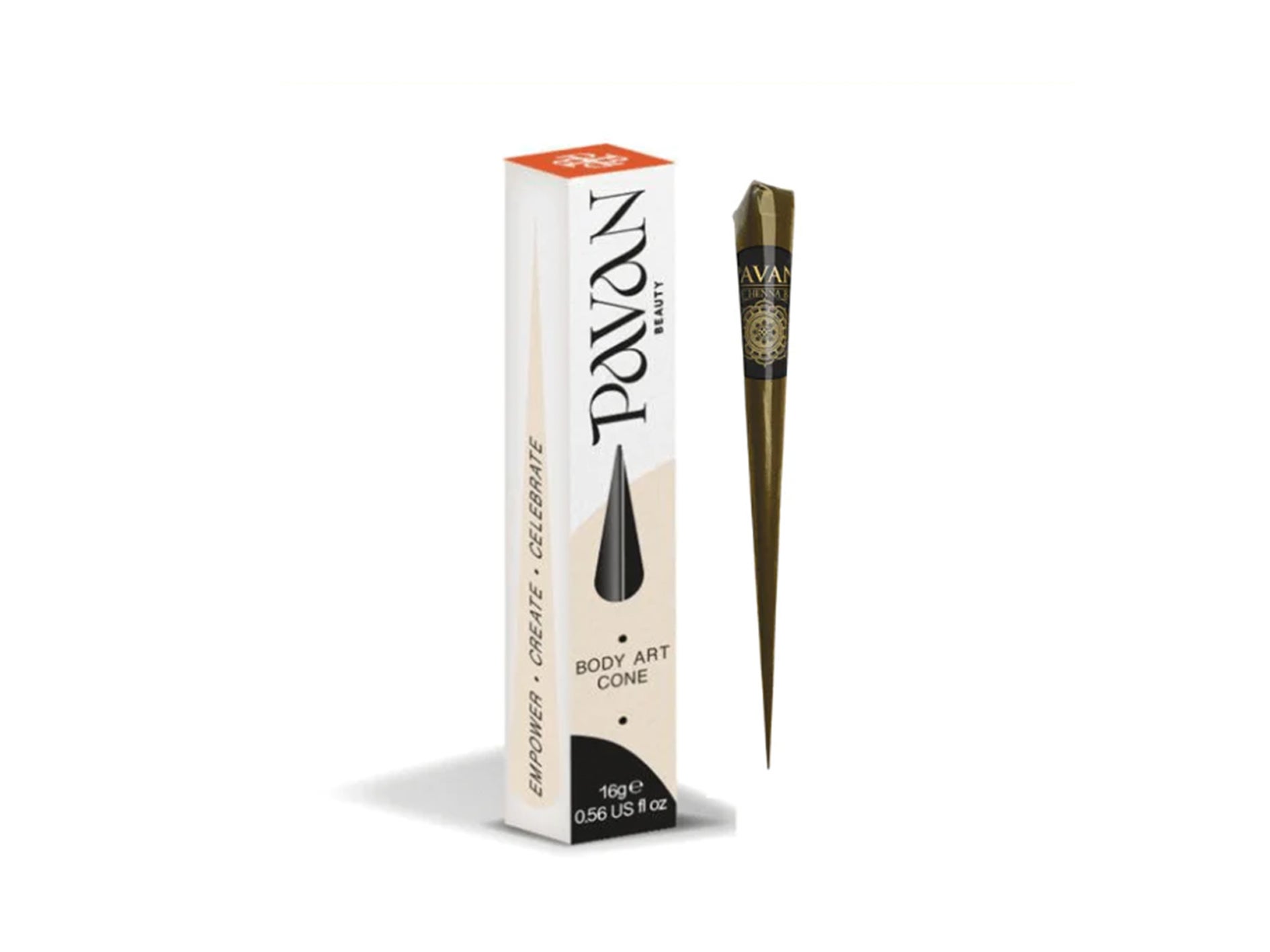
It was almost curtains for Pavan Ahluwalia-Dhanjal and her South Asian lifestyle business Pavan Beauty. The founder, who has two Guinness World Records for being the fastest henna artist on the planet, walked into the den with the hopes of bringing the henna art style to the masses. But as the dragons bowed out one by one, it was Touker Suleyman who threw Ahluwalia-Dhanjal a lifeline. With the promise that she could produce a pack of henna cone kits for kids within a month, the fashion guru was well and truly on board.
Pavan Beauty sells a range of do-it-yourself henna cones on its website and via Selfridges. You can buy original brown henna cones (£10, Pavanonline.com); premium jagua henna cones (£25, Pavanonline.com), which have a blue-black hue; white henna cones (£10, Pavanonline.com); neon henna cones (£15, Pavanonline.com); silver henna cones (£10, Pavanonline.com); and rainbow-coloured henna cones (£20, Pavanonline.com).
The company also has a flagship henna bar on the beauty floor of Selfridges’s store on London’s Oxford Street. Henna hand designs start from £30 and cost as much as £65 for a full arm design, while jagua henna designs start from £45 and cost as much as £120 for a full arm design.
Pola Poles natural ice pops: From £9.99, Polapoles.co.uk
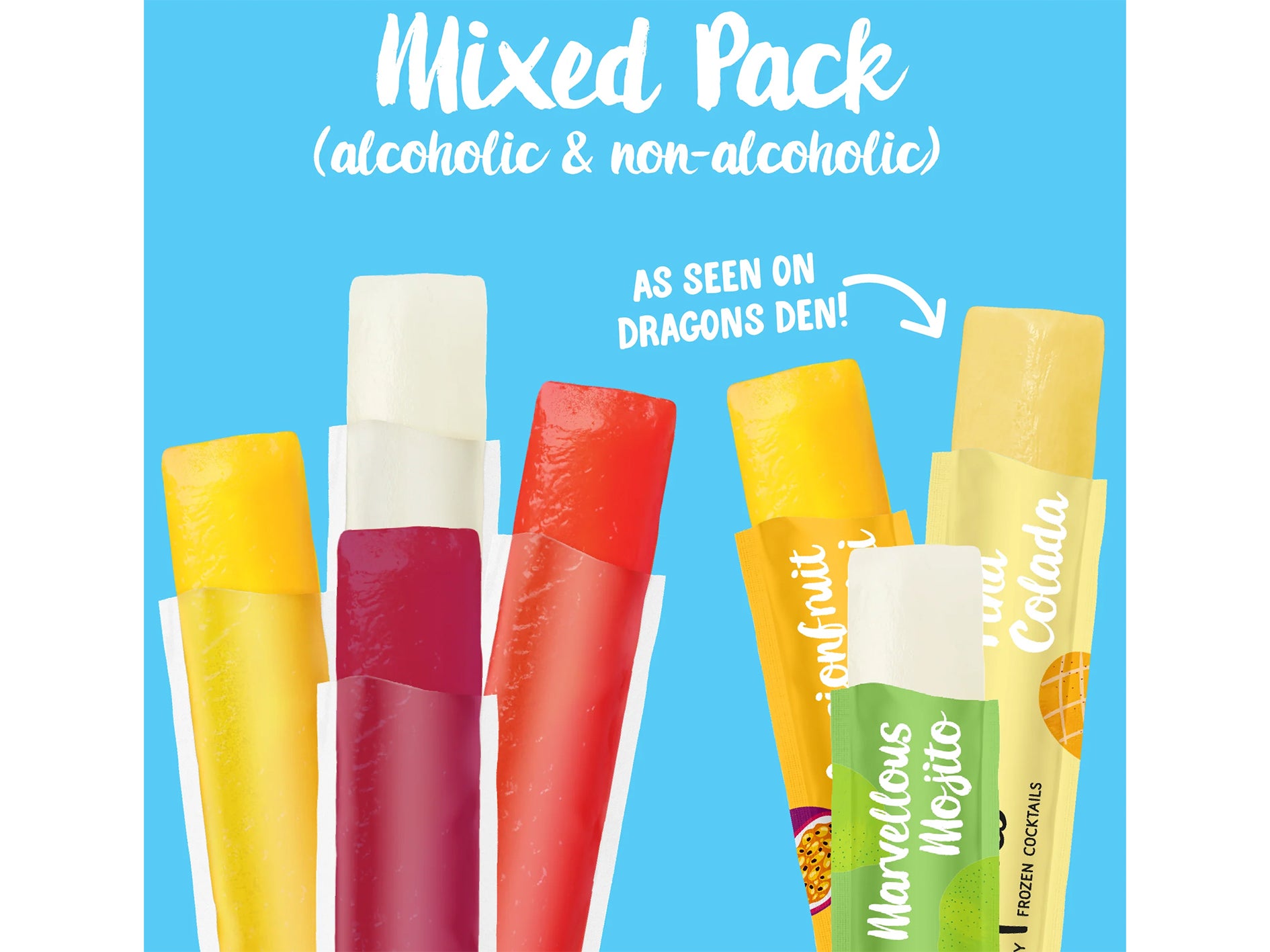
The dragons could not stop slurping away on Isaac Greenway-Tambini’s completely natural ice pops right throughout the Nottingham-based founder’s pitch. The ice pops are made with real fruit and no artificial ingredients, and the investors all loved the taste of the higher-quality sweet treat, but couldn’t see it doing well in the major supermarkets, leaving Greenway-Tambini to walk out of the den with lots of advice but no cash.
Pola Poles sells a range of different flavoured ice pop, including wild elderflower sorbet pops, Sicilian lemon and lime sorbet pops, British raspberry and lime sorbet pops, organic cola pops with no-added sugar, passionfruit and lime sorbet pops, British blackcurrant sorbet pops and alcoholic mojito, pina colada and martini ice pops.
Right now, the company has a few Dragons’ Den bundles available to buy on its website, to celebrate the brand being featured on the show. You can currently buy a pack of 20 non-alcoholic sorbet pops (£15.99, Polapoles.co.uk), a pack of 12 alcoholic cocktail ice pops (£19.99, Polapoles.co.uk) and a pack of 32 mixed non-alcoholic and alcoholic ice pops (£29.99, Polapoles.co.uk).
Read more: The best ice cream makers for homemade frozen treats
The Stone Age Company: Thestoneage.co
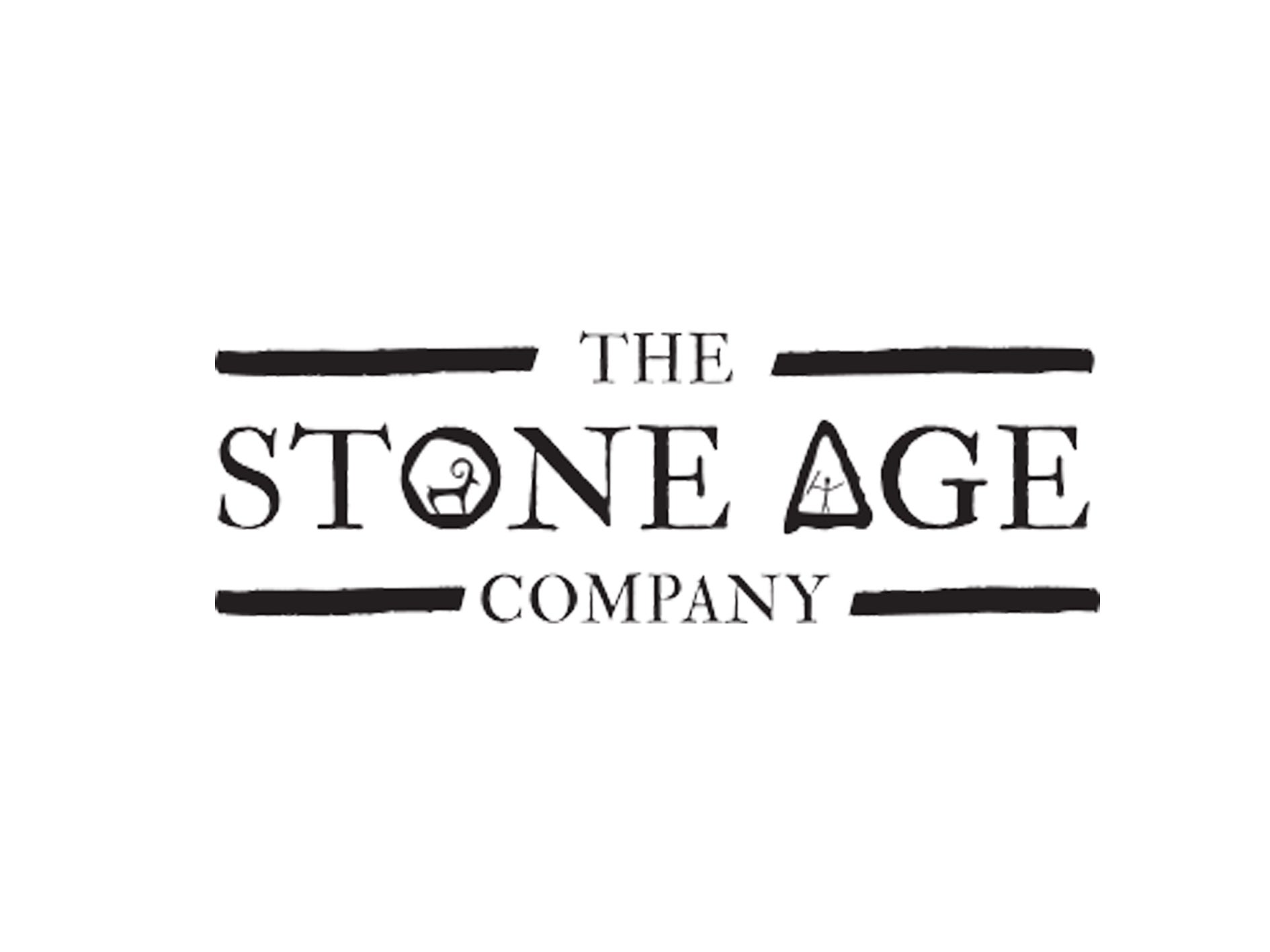
Husband and wife team Dan and Naomi Walmsley sent the dragons back to the Stone Age when they walked into the den with their interactive prehistoric educational workshops business The Stone Age Company. While the investors loved the pair, they didn’t think it was an investible business for them. Despite walking out without any backing, Peter Jones told them he would love to help and support them.
The Stone Age Company holds Outback2basics interactive sessions that bring the Stone Age to life for children. Workshops start with an interactive timeline delivered by “Caveman Dan” or “Neolithic Naomi”, dressed in authentic Stone Age buckskins and furs, letting children dress up; eat edible bugs; handle rawhide pouches, handmade flint tools, tanned hides and furs, bark baskets, bone fish hooks and more. Kids can then try making their own stone tools, create cave art (just like Sara Davies), or turn their hand to fat lamps.
Visit The Stone Age Company’s website now
Read more: Best family adventure holidays that kids will love
Voucher codes
For the latest discounts on the best gadgets, try the links below:
- AO discount codes
- Apple discount codes
Looking for some environmentally friendly brands? Check out our guide to the sustainable fashion labels you should bookmark